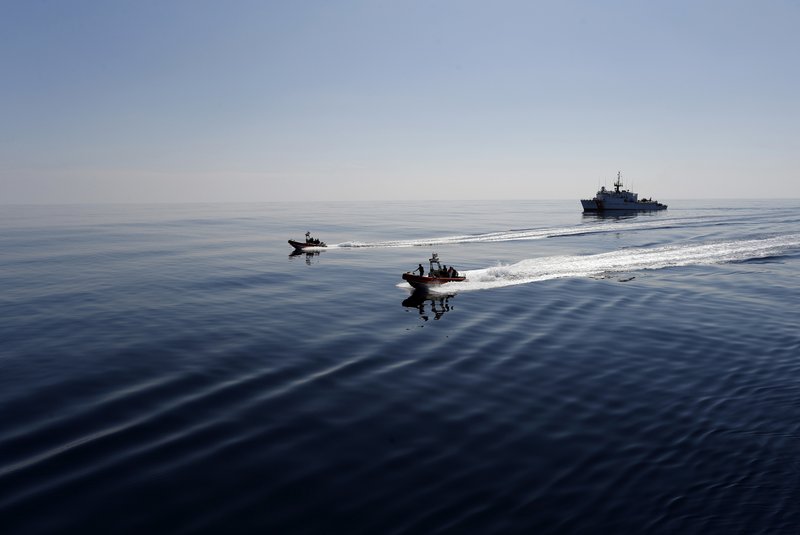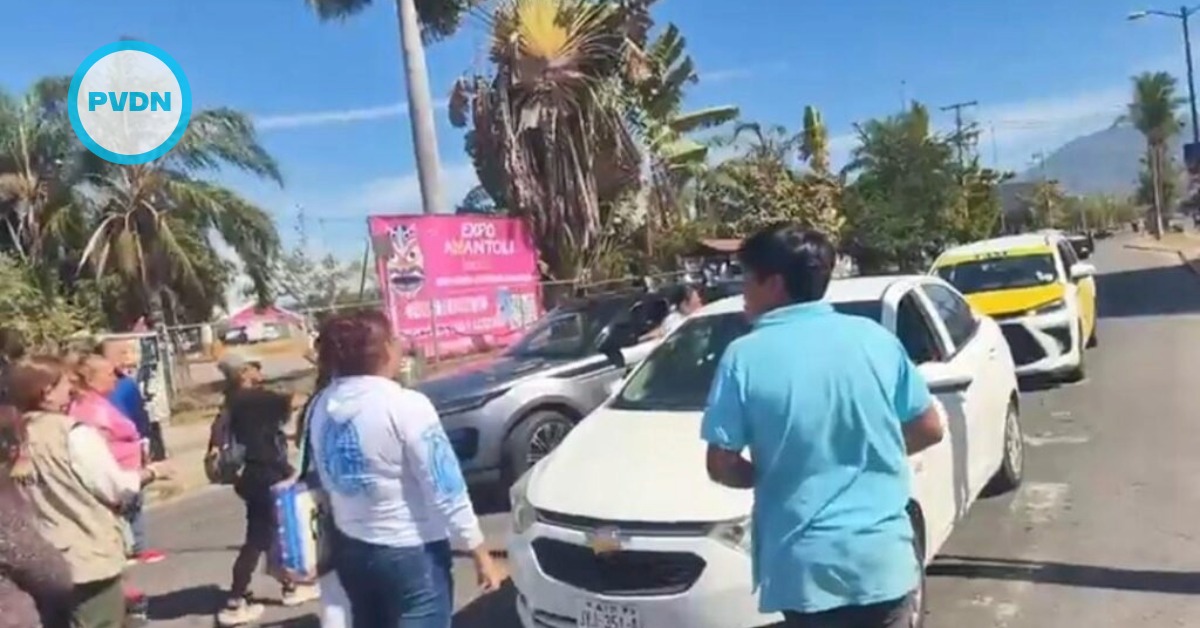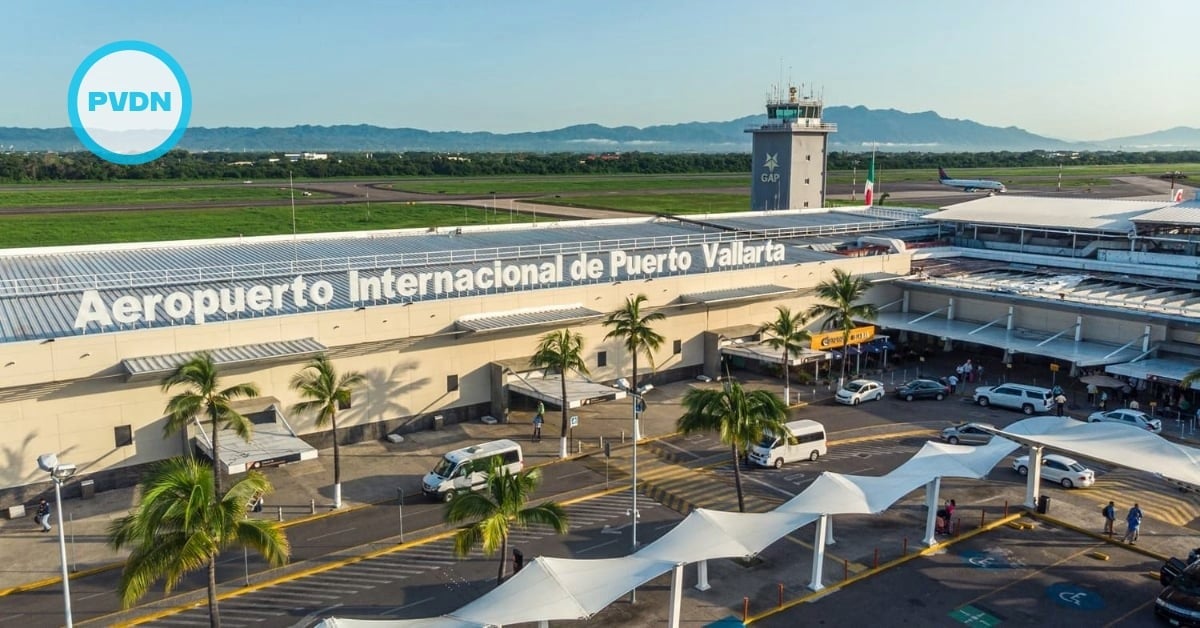The U.S. and Mexican governments are sparring over immigration and trade, but the two countries are joining forces on the high seas like never before to go after drug smugglers.
The United States, Mexico and Colombia will target drug smugglers off South America’s Pacific coast in an operation that is scheduled to begin Sunday and last for the foreseeable future, Coast Guard officials told The Associated Press.
U.S. Coast Guard Adm. Paul F. Zukunft teased the idea during a recent defense conference in San Diego, saying the United States “can’t do it alone.”
“It’s no . . .





